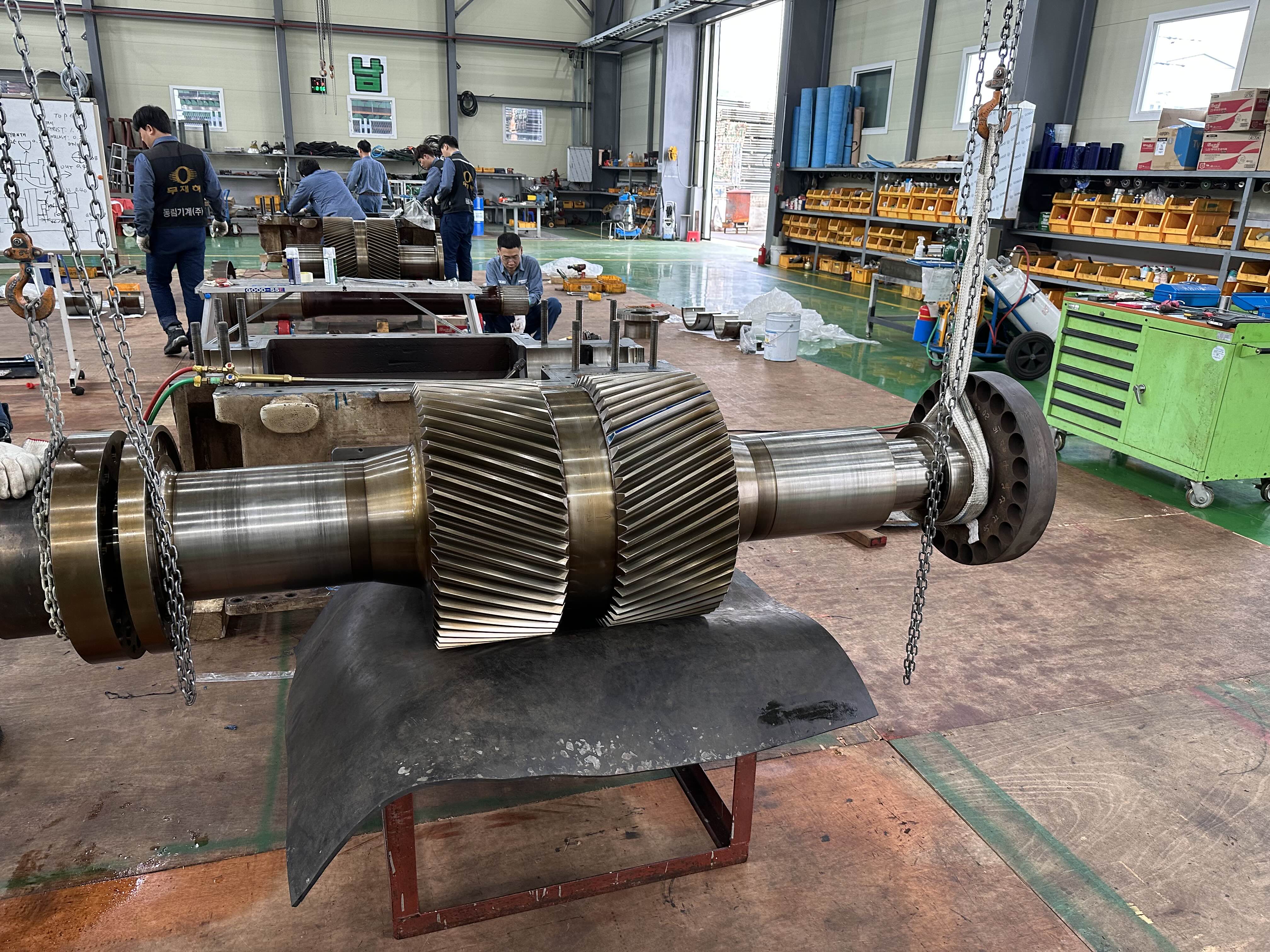What are cogeneration systems and what are their benefits?
Cogeneration is a system that produces heat and electricity simultaneously in a single plant, powered by just one primary energy source, thereby guaranteeing a better energy yield than would be possible to achieve from two separate production sources. In this way, nearly all the thermal energy produced by combustion processes is not dissipated into the environment, as happens with traditional plants, but is recovered and reused. The most widely used cogeneration technologies involve the combustion of fuels such as natural gas, GPL, diesel, biogas, bio-methane, vegetable oil or biomass.
What are the benefits of cogeneration?
A cogeneration system (also called a Combined Heat and Power system, or CHP), can deliver significant benefits for commercial and industrial (C&I) customers, because it produces heat and electricity at the same time. Using the same fuel to generate both heat and electricity therefore improves energy efficiency, delivers environmental benefits and ensures savings. Cogeneration power plants generally operate at between 50 to 70% higher efficiency rates than traditional power plants. The European Union has incorporated cogeneration into its energy policy aimed at reducing greenhouse gases and becoming carbon neutral by 2050. Cogeneration accounted for 12% of Europe’s electricity production and 14% of its heat in 2019, according to Eurostat figures, and COGEN Europe estimates that number could increase to 20% of electricity and 25% of heat by 2030.
Gas Turbine Work
https://youtu.be/t7N1kKz5faM
GTG Animation
https://youtu.be/GF-70yncAVY

진동분석(ORBIT)
https://youtu.be/A84W69xFlto
Fretting Wear (Electric Current Damage)
https://youtu.be/zr-Cj7PxHjk